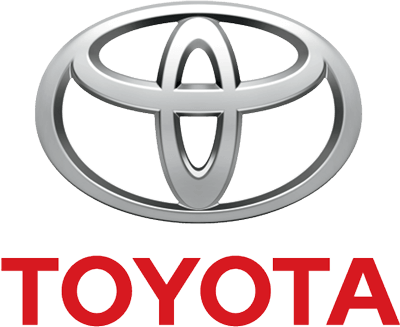It won’t do
I have always found the Ronseal slogan pretty limp. That puts me in a minority, since many people not only recall it, but choose to apply it to themselves – most recently, and excruciatingly, David Cameron.
Perhaps because politicians rarely do precisely what they say, it achieves a flinty surprise in that context. In the realm for which it was originally intended, though, “It does exactly what it says on the tin”, always struck me as a tautological statement that “Ronseal is a brand”.
Why? Because, at the most fundamental level, that is what all brands are meant to offer – certainty of product and performance. It is their first duty. It is how brands came about in the first place.
Their genesis dates to a time when people were regularly cheated by shifting and unaccountable traders. Dirty practices included adding chalk to flour and sand to sugar – along with routine cheating at scales. Few goods were what they purported to be.
The gift that branding endowed humanity was the suspension of caveat emptor. Buyers no longer had to be constantly on their guard, so long as that trademark was there; trust was extended because consumers knew the brand-owner would suffer if it were broken.
Look what’s happening now, though. Ronseal’s nine short words are revealed as prescient genius, not merely at the level of wry understatement, but literally, as earnest reassurance, in a world where brands are found to be not remotely what they say on the pack.
Horsemeat is not chalk or sand; it is perfectly edible – but it is not the beef that is promised in writing. Branding’s central tenet – be what you say you are and do what you say you do – has been broken by famous names including Tesco, Asda, Findus and Burger King.
What does that tell us? Principally, that marketers have lost their sense of what the word ‘brand’ actually means, the leanest definition of which is ‘a product plus values and associations’. They have fallen prey to the layman’s view of ‘branding’ as the ‘frothy bit’, all gloss and image.
Willingly or not, it is to the ‘associations’ ghetto that marketers increasingly confine themselves. No time now even for that rite-of-passage factory visit; today it’s all focus groups, insight mining, communications and media. Product has come to be taken for granted, the province of other parts of the organisation, with priorities of a very different kind.
Journalists covering the horsemeat scandal speculate whether the brands involved have been permanently damaged. It is worse than that; what has been damaged is branding itself.
The sight of marketers so out of touch with their supply chain as to have no clue what is in the product they sell leads consumers to embark on a journey of extrapolation. If it can happen in this category, why not another? What’s next? We might as well hang a great big caveat emptor sign over every shop door.
Branding is 90% substance. If the product isn’t right, it really does not matter how brilliant you are with the remainder. It is time for marketers everywhere to learn by heart what it says on their particular ‘tin’, and to vow, come what may, to honour it.
Latin for ‘Let the buyer beware’, this principle originates from a property law absolving sellers of any post-transaction responsibility for faults. With brands commonly falling short on the most basic product promises, buyers should indeed beware…

Swanky pushchair maker Maclaren ran into trouble when 12 infants accidentally severed their fingers in the hinge mechanism of one of its folding buggy models, the Volo. A free repair kit with hinge covers was offered to customers.
Perrier is cited by many as the brand responsible for making mineral water chic, becoming such a byword for purity that officials in North Carolina used it as a barometer in water-supply tests. Ironically, the same US county officials discovered traces of benzene, a carcinogen, in some bottles in the early ‘90s. This led to a worldwide product withdrawal.

Between 2009 and 2011, the famously reliable Toyota brand faced unintended acceleration and faulty braking problems across its range. More than 10m cars were recalled, but for many customers it was a case of too little, too late: 37 deaths and a raft of incidents had already been racked up, with one innocent driver jailed for five months over a fatal collision before acceleration problems were found to have caused it.
